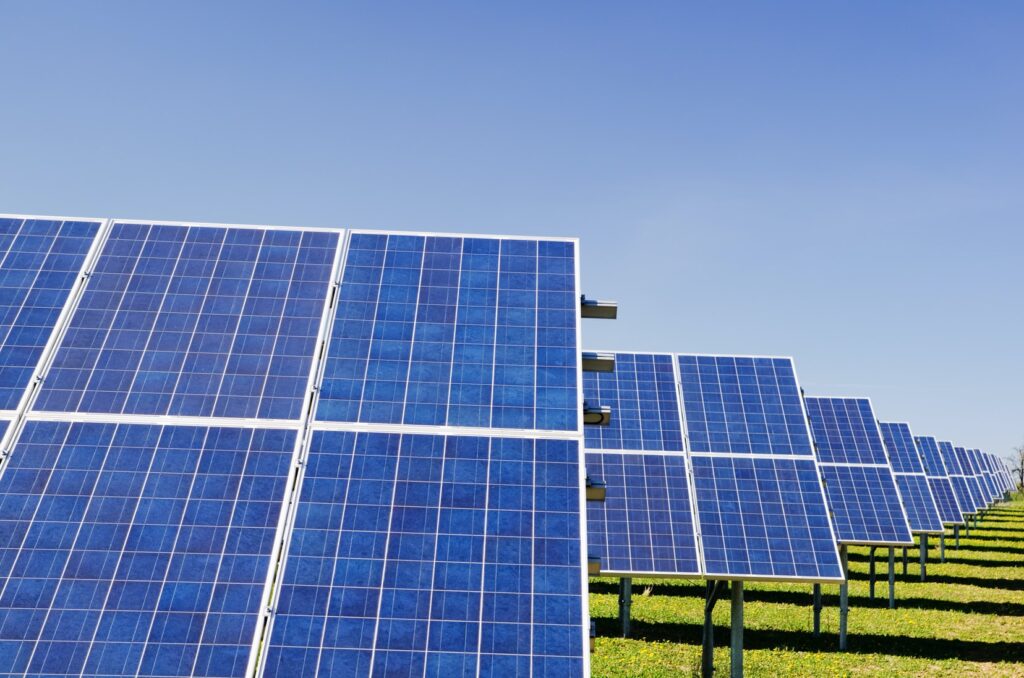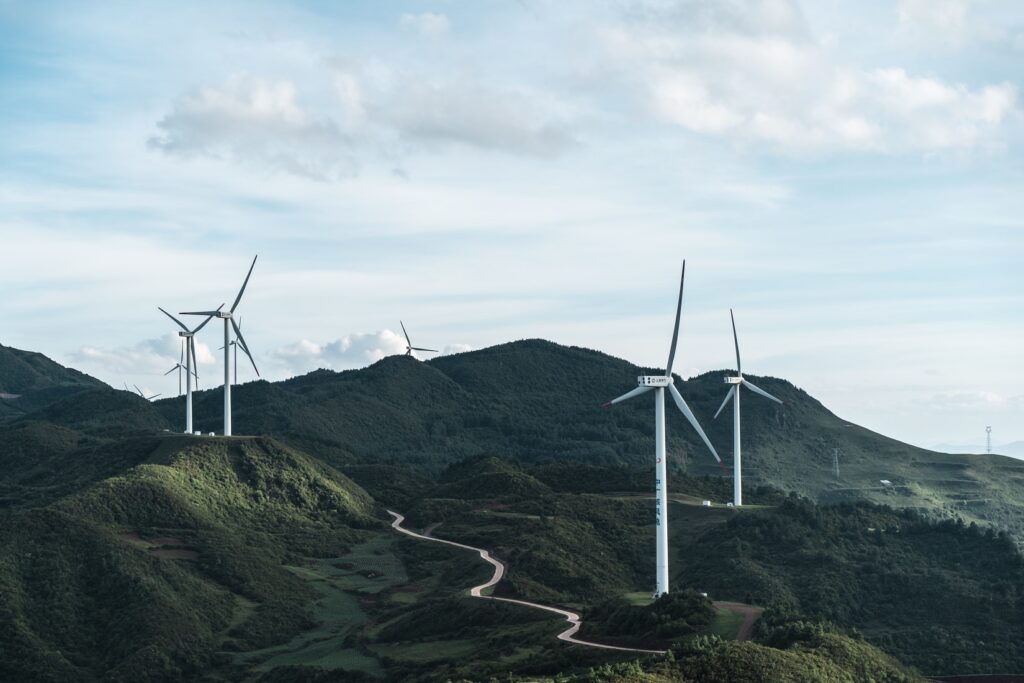What is the Best Off-Grid Energy Source?
With environmental concerns becoming more pressing, an increasing number of people are beginning to think about producing their own power and going ‘off the grid’.
This kind of power supply will often be achieved by a combination of renewable energy sources and a backup generator. Here, we take a look at the best sources of off-grid energy to help you take that step closer to self-generated power.
To ensure your generator is working at peak efficiency, you can get in touch with our team at Edge Technology, who provide expert generator servicing and maintenance in the UK!
What is Off-Grid Energy?
Simply put, off-grid energy is a power supply that is not connected to the mains electricity.
Off-grid power systems are often found in remote locations where regular grid access is unavailable or difficult to achieve. It can also be found on properties where more self-contained renewable energy sources are sought after.
The Benefits of Off-Grid Energy
Using renewable sources like water, wind and solar power that are hooked up to a battery bank and generator backup can be beneficial for a number of reasons. Going off the grid is:
• A better solution for rural locations
• An opportunity to incorporate renewable technologies into energy consumption
• Less costly than an electrical mains supply in the long run
But what are the best off-grid energy sources?
Solar Power
Installing solar roof tiles is becoming more popular for many homeowners. It is one of the most realistic sources that the average person can tap into.
Initial installation of solar roof panels can be expensive, but over time they will pay for themselves, especially if you convert to full solar.
Solar power is also one of the most reliable, consistently giving high outputs that can be stored all year round.
Wind Power
Wind turbines can be effectively used to harness the wind to produce energy. These can be an especially good option for rural areas with expansive, open land with limited population density.
Again, wind turbine systems can be expensive, but will usually see a return on investment after around six years.
Unlike solar panels, wind turbines require far more space and cannot be tucked neatly away on a roof. However, as technology advances, they have become much smaller, making them more of a possibility for individuals to invest in.
Micro-Hydropower
Hydroelectricity relies on a source of running water to produce electricity, generating power from water flowing at a high level to a lower level that then turns a turbine.
The flow of water is converted into rotational energy as the turbine is turned, which is then converted into electricity.
Although effective and relatively cheap to install, this system relies on an existing running water supply. If a property does not have a river or stream, then micro-hydropower cannot be made use of.
To determine the best off-grid energy source, it will often depend on the circumstances surrounding installation. However, for most domestic properties, solar panel installation often makes the most sense.
Generators are also often a vital part of off-grid energy systems. If your generator is in need of maintenance or any repairs, get in touch with our team to find out about our services!














